ECJ VAT Ruling Clarifies When VAT Is Due on One-Time Services

🎧 Prefer to Listen?
Get the audio version of this article and stay informed without reading - perfect for multitasking or learning on the go.
The case between Company X and the German Tax Office concerns the VAT treatment of brokerage services provided by Company X to Company T in 2012 regarding the sale of land.
The main point of dispute between Company X and the Tax Office was when the VAT on the entire fee should have been paid, since Companies X and T agreed that the payment would be made in five annual installments starting in mid-2013.
Background of the Case
In 2012, German-based Companies X and T agreed to EUR 1 million plus VAT for brokerage services Company X provided to Company T. The companies decided that the payment would be made in five annual installments starting mid-2013. Company X issued invoices and paid VAT only upon receiving each installment.
However, after conducting a tax audit in 2016, the German Tax Office determined that VAT on the entire fee should have been paid in 2012, the year the service was provided. Following the denial of its appeal before the Tax Office, Company X challenged the decision before the Finance Court, which concluded that the service was indeed supplied in 2012 but considered that payment for the later installments was uncertain. Therefore, those amounts could be treated as unrecoverable.
Moreover, the Finance Court relied on the EU VAT Directive provisions that allow the reduction of the taxable amount when payment is not received, to prevent Company X from having to pre-finance VAT for services not yet paid for.
The Tax Office appealed against this ruling before the Federal Finance Court, which raised a question of how Article 64(1) of the EU VAT Directive should apply to services that are supplied on a one-time basis but paid in installments.
Furthermore, the Federal Finance Court raised concerns about whether a literal reading of the article could create an unjustified disparity between the VAT treatment of goods and services and may also contradict the principle in Article 63 of the same Directive, which stipulates that VAT is generally chargeable when the service is supplied.
Additionally, the Federal Finance Court was unsure whether Article 90(1) of the EU VAT Directive should apply since it allows for VAT adjustments when payment is not received. This could be relevant since Company X, having completed its service in 2012, began receiving instalment payments only from mid-2013 onward.
With these uncertainties regarding which article of the EU VAT Directive should apply to this specific case, the Federal Finance Court paused the court proceedings and referred two questions to the European Court of Justice (ECJ) for a preliminary ruling.
Main Questions from Request For Ruling
Considering all the doubts and points of view, the Federal Finance Court asked whether a service that is completed on a one-time basis, meaning without being spread over a period of time, can still fall under the scope of Article 64(1) of the EU VAT Directive solely because the parties agreed that payment would be made in installments.
If the answer to the first question is negative, meaning Article 64(1) does not apply, the second question referred to is whether the situation could instead fall under Article 90(1), which allows for a reduction in the taxable amount in cases of non-payment.
More specifically, the court wants to know if agreeing to five-year installment payments should be treated as partial non-payment, particularly when domestic law provides a mechanism to reverse any reduction in the taxable amount later if payment is eventually received.
Applicable EU VAT Directive Article
Regarding the relevant article from the EU VAT Directive, the ECJ considered Recital 24, which emphasizes the importance of harmonizing the concepts of the chargeable event and the moment when VAT becomes chargeable across all EU, and Article 14(2)(b) which states that, beyond the general definition of a supply of goods, the actual transfer of goods under specific types of contracts is also to be treated as such.
Article 63, which establishes the general rule that VAT becomes chargeable at the moment the goods or services are supplied, and Article 64, which provides an exception for transactions involving successive statements of account or payments, stating that in such cases, the supply is considered completed at the end of each relevant period were the central point of the case.
Additionally, Article 66 offers EU countries the flexibility to deviate from the general rules and allow VAT to be charged at alternative points, for example, when the invoice is issued, when payment is received, or within a specific time after the chargeable event if no timely invoice is issued.
Since it is part of the referred question, Article 90, which addresses situations in which the agreed payment for a supply is not fully realized, was also analyzed and interpreted for this case.
Finally, Articles 193 and 226, which establish the general principle that VAT is payable by the taxable person who carries out a taxable supply of goods or services, and set out the mandatory information that must appear on VAT invoices, respectively, were taken into account.
German National VAT Rules
Provisions from Articles 13(1)(1), 17, and 20 of the German Law on Turnover Tax were the key for this case. Article 13 defines when tax becomes chargeable, whereas Article 17 addresses adjustments to the taxable amount.
Additionally, Article 20 allows small taxable persons to apply VAT based on the actual payments they receive, rather than on invoiced or agreed amounts.
Importance of the Case for Taxable Persons
Although installment payments are often agreed upon for ongoing services, situations where the service is provided on a one-time basis and the payments are made in installments are also not that rare. Therefore, taxable persons with this type of payment as part of their business may find the arguments and conclusions from this ECJ case relevant to understanding when VAT becomes chargeable.
Knowing when VAT is chargeable regarding payment receipts can significantly impact the cash flow and financial burden for businesses that perform services upfront but receive payment in installments.
Analysis of the Court Findings
First, the ECJ underlined that Article 64 must be understood in connection with Article 63 of the EU VAT Directive, as the two provisions are closely linked. Article 63 sets the general rule that the chargeable event for VAT occurs when the goods or services are actually supplied. In contrast, Article 64 defines exemptions to this rule in cases where the supply of services involves successive payments.
In such cases, the VAT becomes chargeable at the end of each period corresponding to the received payment. This is also confirmed by the ECJ case law, which states that successive payments align the chargeable event with the expiry of each payment period.
Additionally, the ECJ interpreted the wording of Article 64(1), underlining that VAT liability arises at the end of the periods to which the successive payments correspond. However, the service or supply must occur during those specific periods. Consequently, even though the payment is divided into installments, applying Article 64(1) to the supply is insufficient. Therefore, there must be a substantive connection between the service and the periods during which it is performed.
Moreover, Article 64 serves as a mechanism to determine when VAT becomes chargeable, but its application is limited to situations where the timing of the service supply is unclear. More specifically, it applies when services are continuous or recurrent and span over defined periods.
Regarding the application of Article 90(1), the ECJ highlighted that it mandates a reduction in the taxable amount when the price for a supply is canceled, reduced, or partially or entirely unpaid after the transaction. Therefore, VAT is only due on the amount ultimately received as a fee or consideration. Consequently, if a taxable person does not receive all or part of the payment, they should not be liable for VAT.
However, if a buyer does not pay all or part of the agreed price but the contract remains valid, the seller may still claim the payment before the court. Even though the seller may legally claim its right and the debt legally exists, there is inherent uncertainty about its recovery, meaning non-payment may eventually become definitively irrecoverable.
The ECJ added that under Article 90(1), non-payment refers explicitly to cases where a buyer does not pay a debt that is still contractually owed.
Courts Final Decision
The ECJ ruled that Article 64(1) does not apply to services provided on a one-time basis, paid by the recipient in installments, since there are no continuous or recurring services. However, this does not mean that Article 90(1) applies.
Article 90(1) applies to agreed installments that have not yet become due. More specifically, unpaid installments cannot be considered non-payment. Thus, reducing the VAT taxable amount is not justified.
Conclusion
Following the ECJ ruling, which underlines that neither Article 64(1) nor Article 64(1) of the EU VAT Directive applies to the case in question, the Federal Finance Court, which referred the question, accepted the Tax Office's appeal and referred the case back to the Finance Court or further hearing and decision.
Nevertheless, with its decision, the ECJ reaffirmed that VAT becomes chargeable when the service is supplied, unless specific exceptions apply. Additionally, the court emphasized that agreed installments with future due dates do not qualify as non-payment under EU VAT rules.
Source: Case C-324/20 X-Beteiligungsgesellschaft mbH v. Tax Office, EU VAT Directive, German Federal Finance Court

Featured Insights
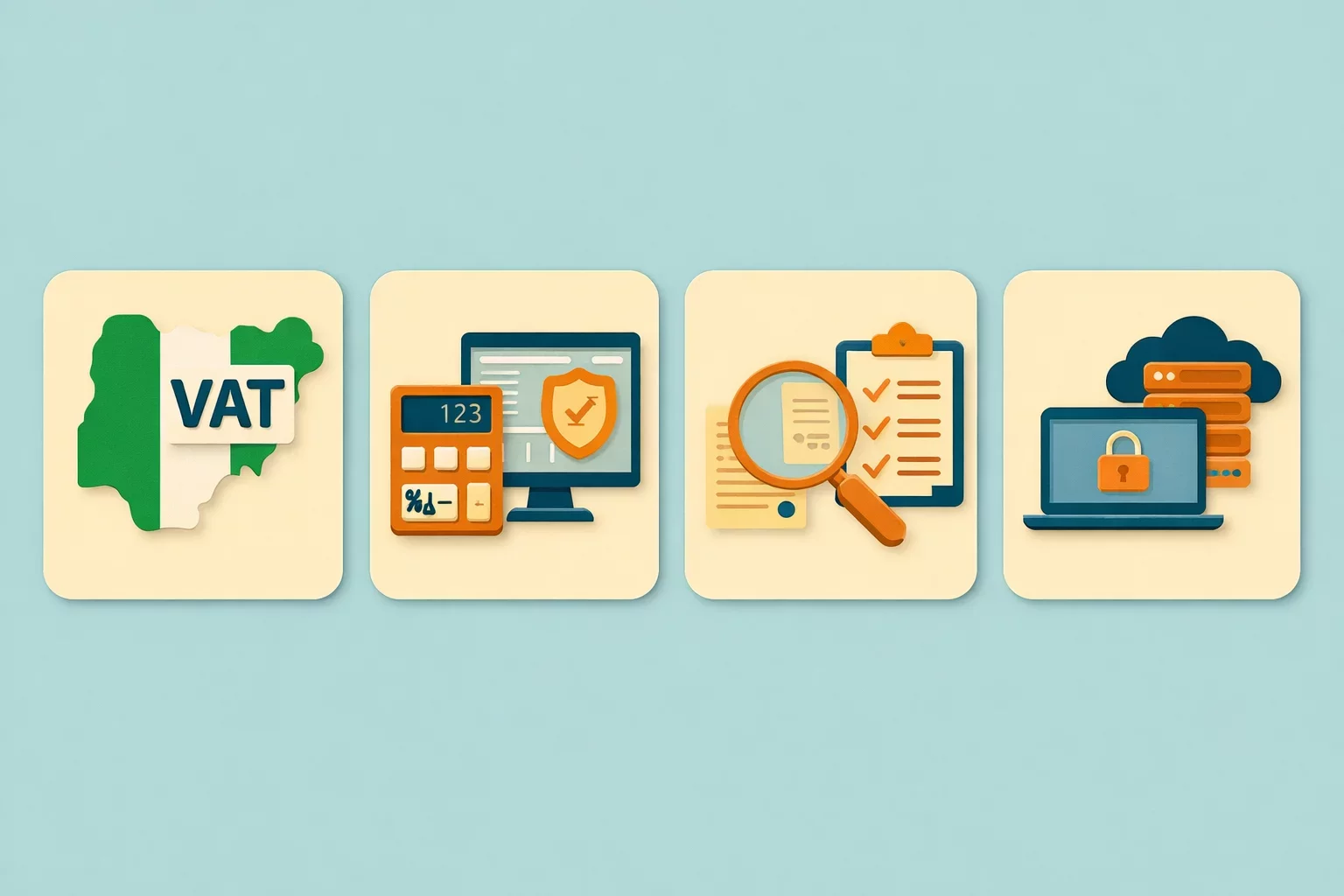
Nigeria VAT Compliance: TaxPro Max Explained
🕝 March 3, 2026More News from Europe
Get real-time updates and developments from around the world, keeping you informed and prepared.
-e9lcpxl5nq.webp)




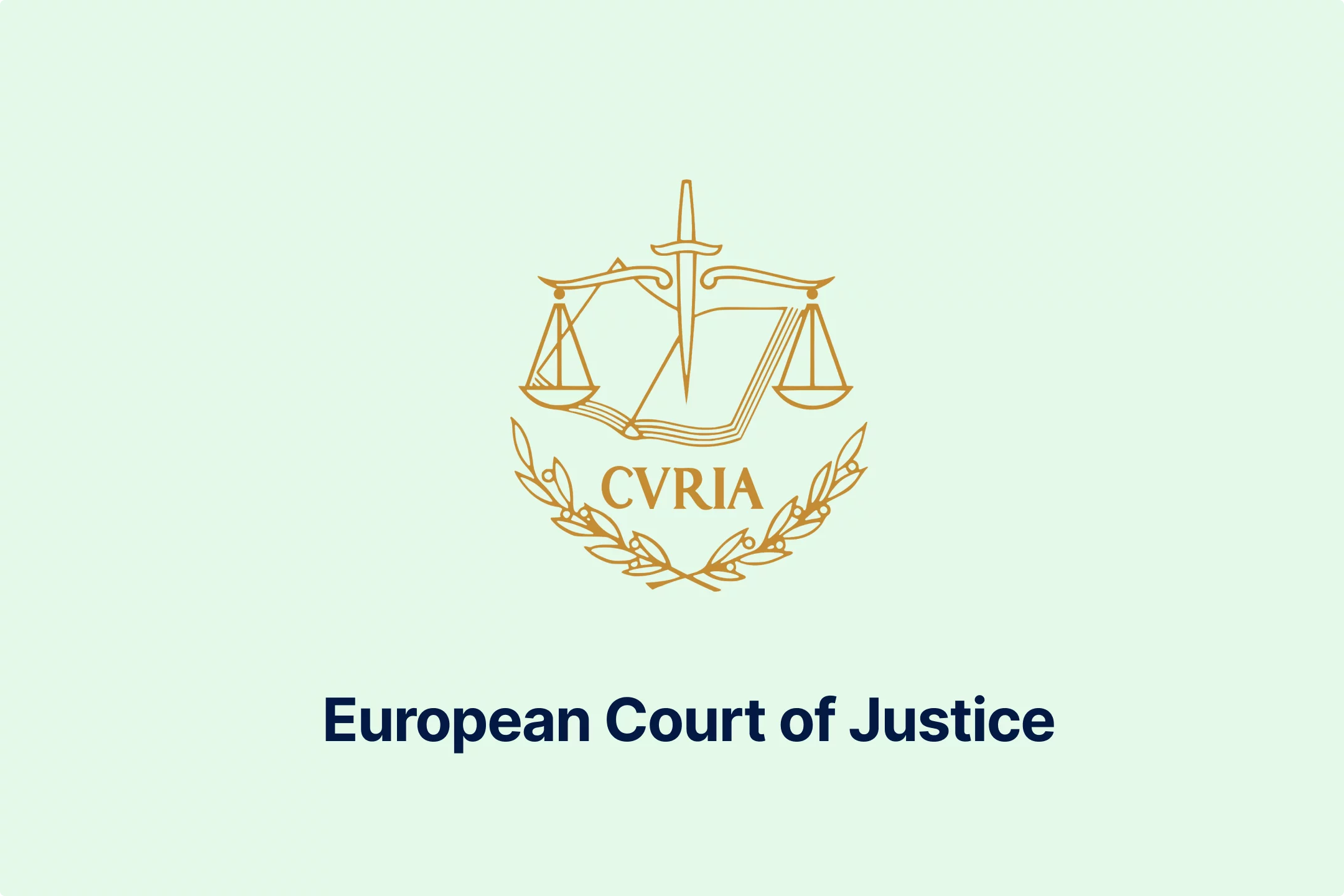
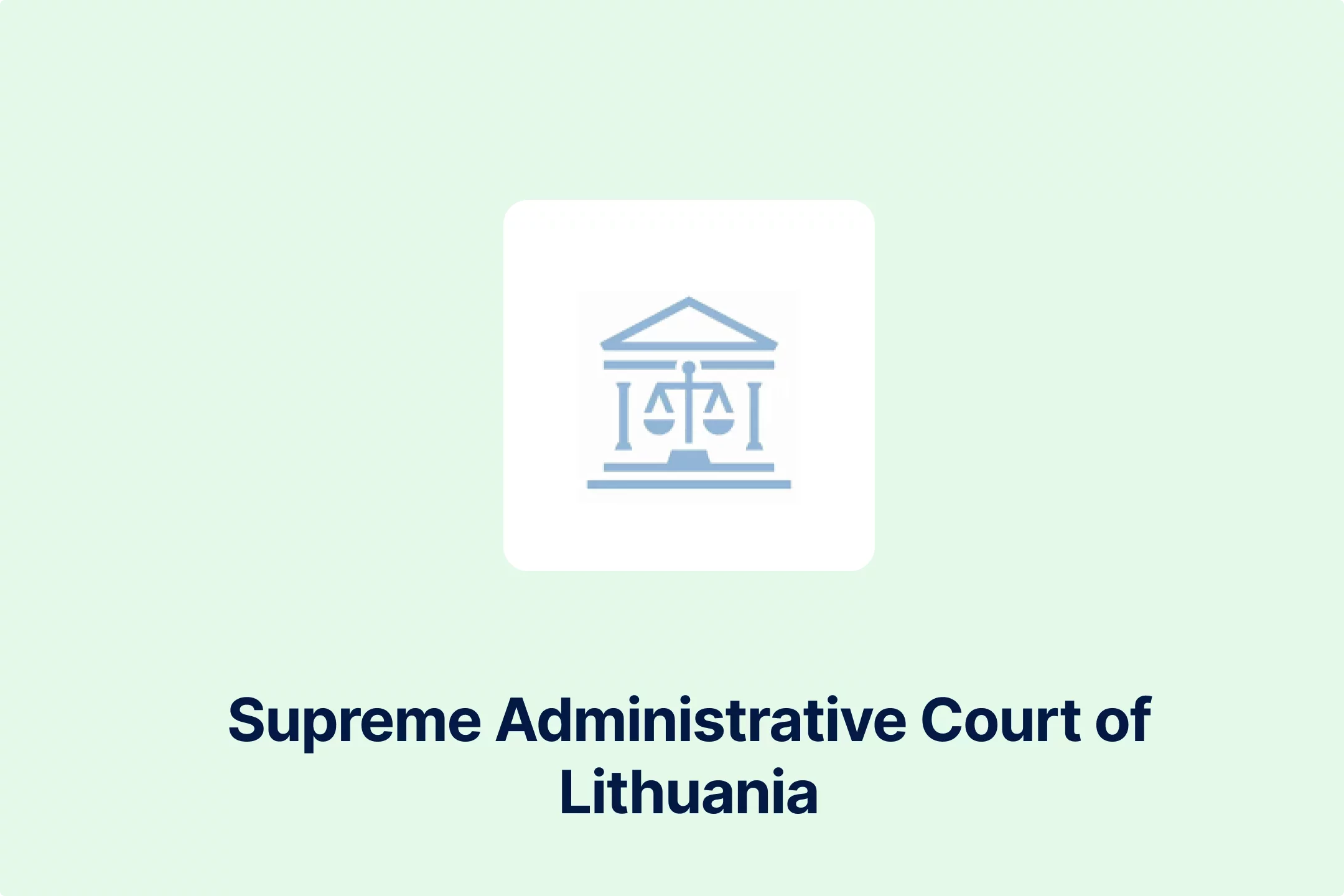
-zzrhegqsyq.webp)
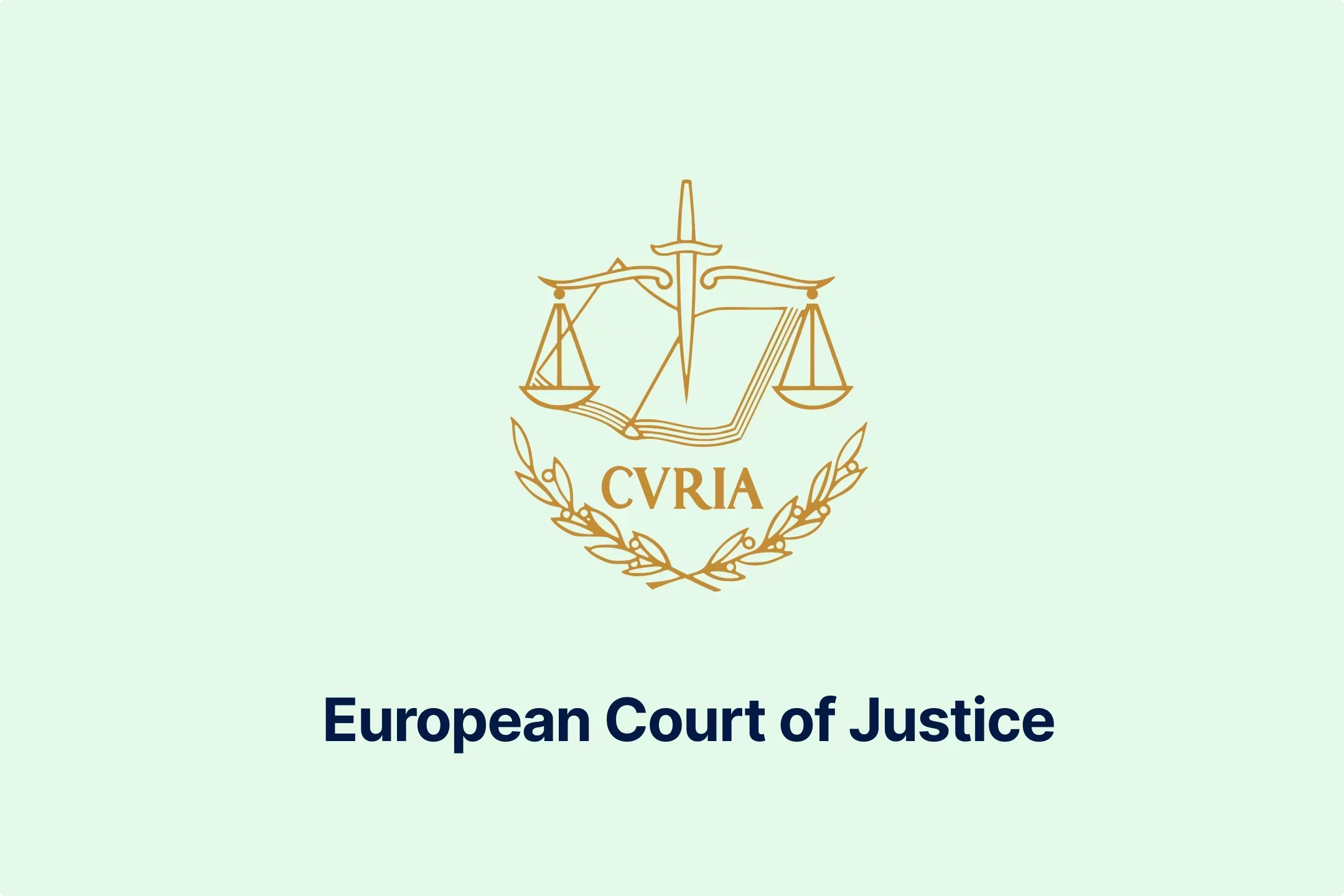
-ulcnia30z1.webp)
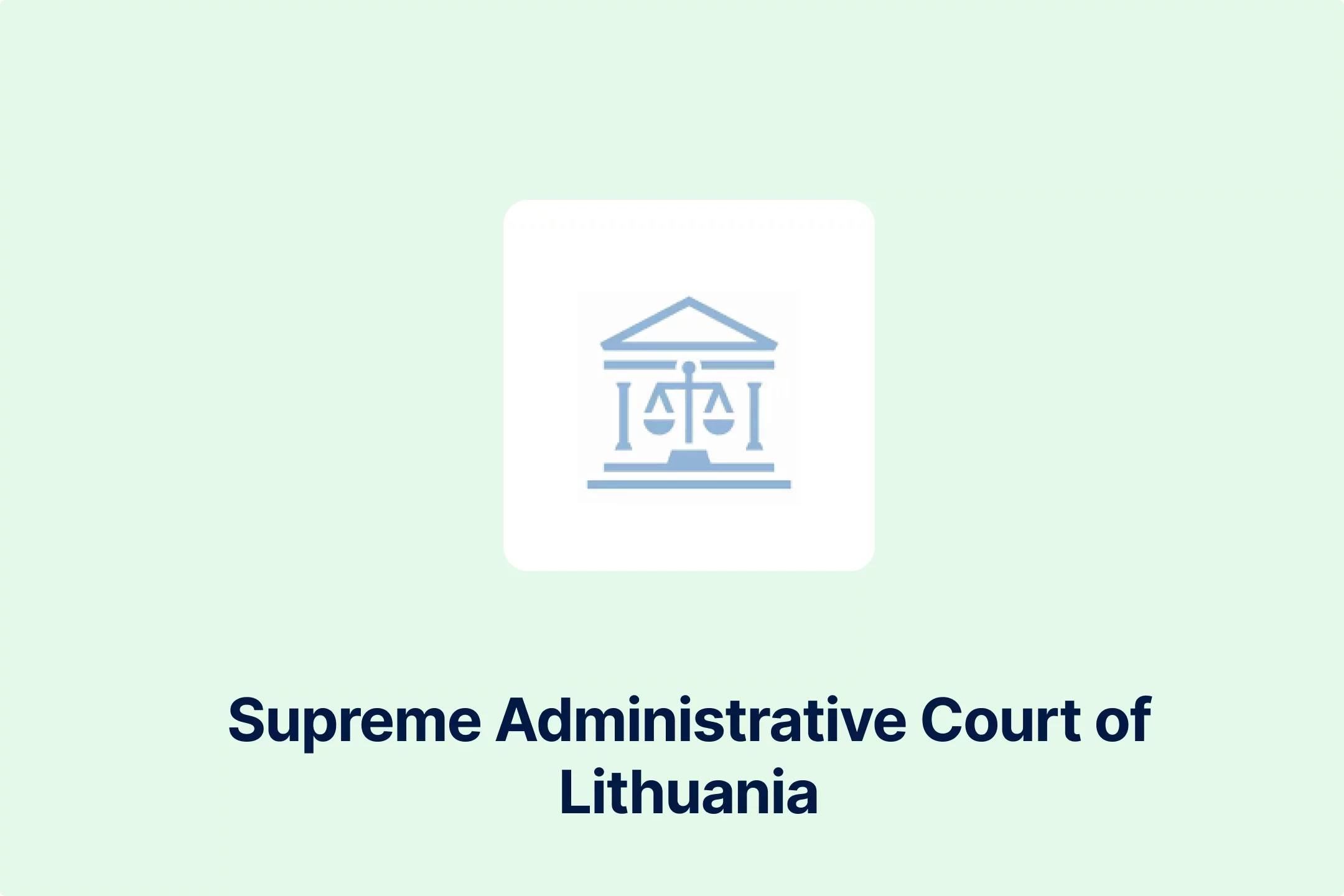
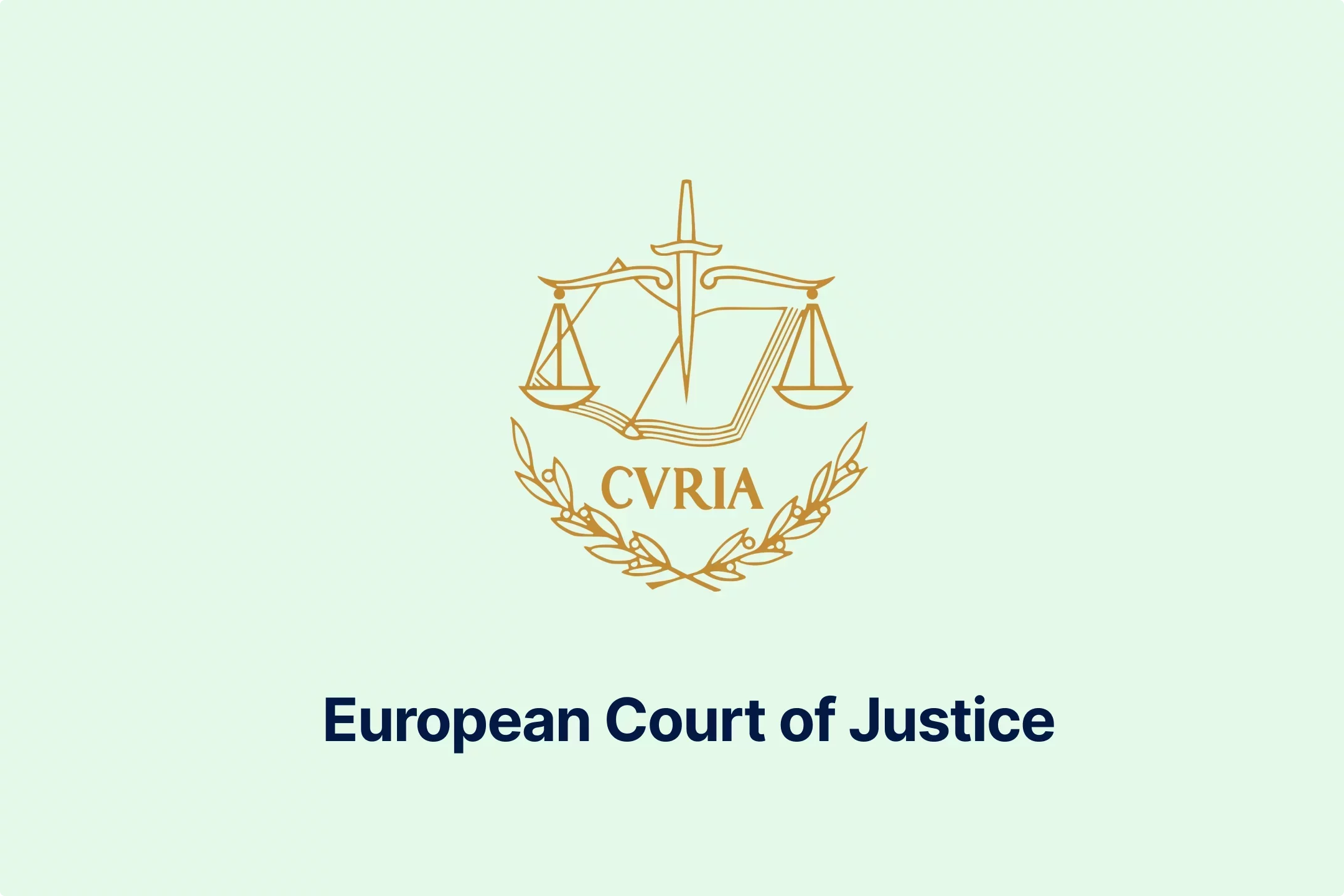
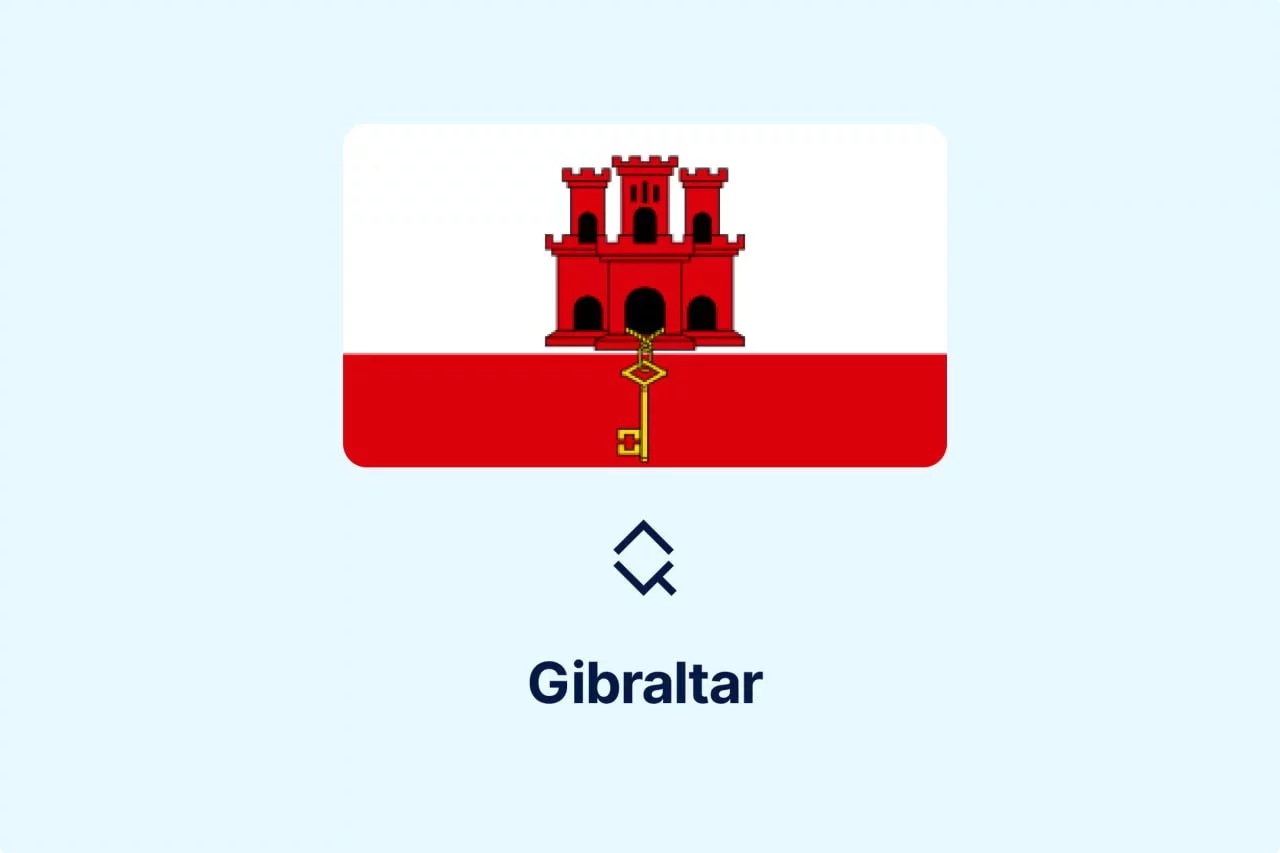
-3rcczziozt.webp)

-rvskhoqpms.webp)




-a5mkrjbira.webp)

-ivkzc1pwr4.webp)




-hssrwb5osg.webp)



-c06xa1wopr.webp)









-webajrr4ny.webp)
-evibmwdwcn.webp)
-7acdre0hop.webp)

-lcgcyghaer.webp)
-ol6mdkdowg.webp)
-aqdwtmzhkd.webp)

-njgdvdxe2u.webp)



-i6rki3jbad.webp)
-hdwgtama05.webp)

-atbhy5fyxv.webp)






-zp2n6zixoa.webp)
-oa1ynbm4sn.webp)


-lltkno6txy.webp)



-do38odrqnq.webp)

-t409oldqzt.webp)

-hordopb6xh.webp)

-ooimnrbete.webp)

-lwb5qpsily.webp)


-eumafizrhm.webp)

-mtqp3va9gb.webp)

-3ewrn1yvfa.webp)
-591j35flz2.webp)

-huj3cam1de.webp)


-hafis0ii23.webp)

-qseaw5zmcy.webp)



-qzsah2ifqx.webp)


-69rzooghib.webp)
-wrvng98m0g.webp)


-psucycuxh2.webp)
-klyo8bn5lc.webp)




-6wv5h5eyyd.webp)
-tfgg78rbid.webp)
-a6jpv9ny8v.webp)
-qhdbapy0qr.webp)


-owvu7zoc13.webp)


-h28jrh1ukm.webp)

-wl9bl1rw3a.webp)

-2w76jtvtuk.webp)

-c0uvrmrq9j.webp)



-pofe7ucwz3.webp)



-5cc23ezxyf.webp)
-rrmabbekeb.webp)








-iyyeiabtaf.webp)
-c8rbjkcs01.webp)
-nilkffjhah.webp)

-hikakq55ae.webp)

-z1d60bldtg.webp)
-d1a0q6n7mp.webp)
-viip8nvoeh.webp)
-bvv1otliox.webp)



-de8hdb1bn3.webp)
-7xsxxoypnx.webp)

-cm0opezg73.webp)
-0tovsdupmi.webp)
-subxdamdj6.webp)


-gly6ablwnh.webp)
-gkduqhwbzh.webp)
-qpe1ld9vcj.webp)
-8noukwsmba.webp)
-aka29tuhkt.webp)


-fisvs27yrp.webp)


-mp0jakanyb.webp)

-aivzsuryuq.webp)



-o7f4ogsy06.webp)

-zjja92wdje.webp)
-hrbhdts8ry.webp)
-qtdkwpgkug.webp)


-cf8ccgah0p.webp)
-0em3cif5s6.webp)






-ptzesl0kij.webp)

-tfzv42pyms.webp)






-uodv7sfbih.webp)
-bbrdfmm9qf.webp)



-m2tl8crfqr.webp)




-1awbqjgpjs.webp)
-avbjsn1k1g.webp)


-0h8ohkx6s0.webp)



-wfmqhtc7i6.webp)
-7wljbof2zo.webp)

-eqt97uyekl.webp)
-wzw9mcf563.webp)

-z4oxr6i0zd.webp)




-l0zcrrzvhb.webp)
-fhtic1pwml.webp)

-iipdguuz9p.webp)
-nkhhwrnggm.webp)
-pltqwerr3w.webp)

-nn6mtfbneq.webp)

-tmnklelfku.webp)



-8z1msbdibu.webp)
-7g16lgggrv.webp)



-lxcwgtzitc.webp)
-9mc55kqwtx.webp)


-xla7j3cxwz.webp)
-jrdryw2eil.webp)






-t9qr49xs2u.webp)


-qjopq5jplv.webp)



-vune1zdqex.webp)

-qsozqjwle2.webp)
-rgjta7iwiv.webp)

-zb6bxxws47.webp)
-lyfjzw4okp.webp)

-ogpfmol5m1.png)


-czisebympl.png)

-zetvivc79v.png)
-ud7ylvkade.png)
-qizq6w2v5z.png)







-ihr6b4mpo1.webp)
-k1j4au0ph6.webp)
-swxxcatugi.webp)


-ig9tutqopw.webp)

-tauoa6ziym.webp)

-spr0wydvvg.webp)

-xfuognajem.webp)





-u2nv5luoqc.webp)








-opuxpan2iu.webp)




-kwttsfd8ow.webp)
-8u14qi10nj.webp)

-wjpr96aq5g.webp)

.png)

.png)


.png)


.png)



.png)
.png)
.png)
.png)
.png)

.png)
.png)




.png)
.png)




































































































































